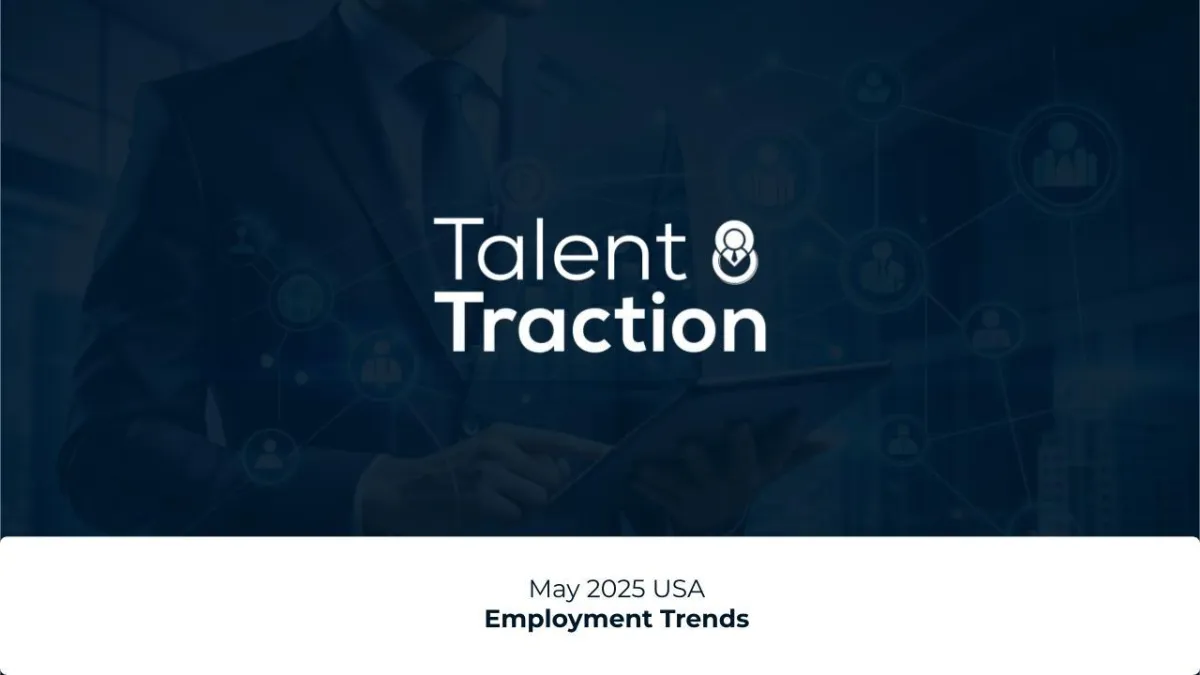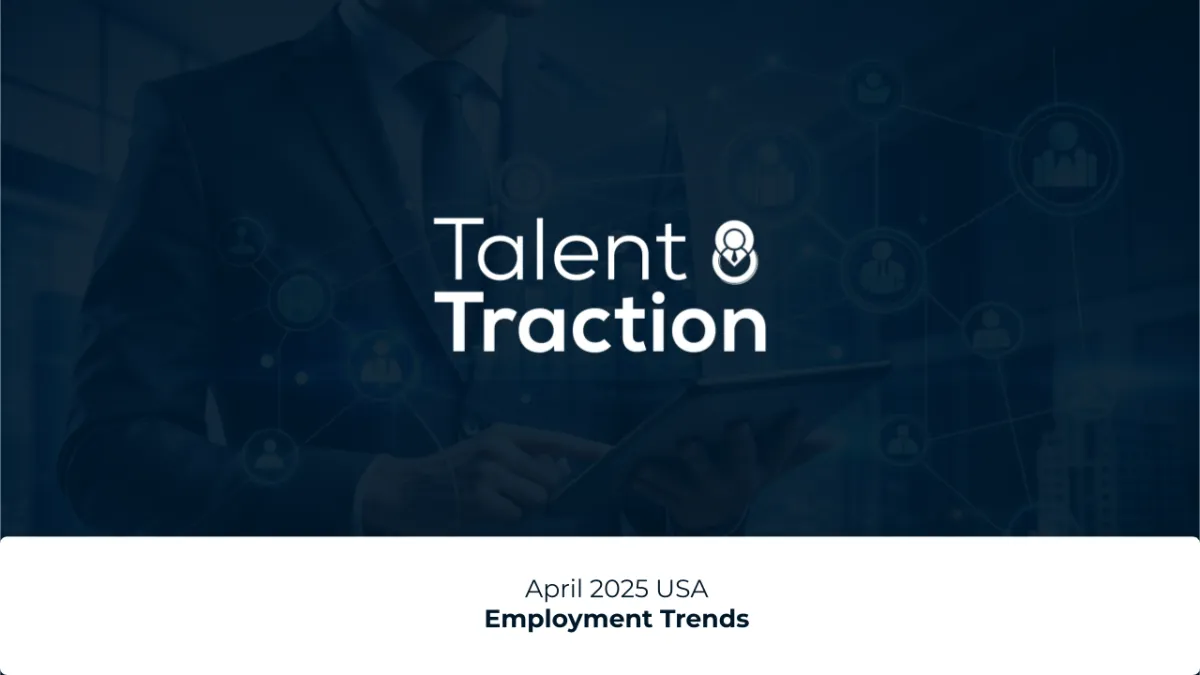To adapt to these changes, any industry must fully embrace AI, data, and analytics for future progress. Implementing advanced technologies enables teams to grow and achieve improved outcomes. Investing in AI-powered tools for team management, production optimization, and outcome prediction is essential for long-term viability. Companies that adopt these technologies demonstrate a forward-thinking mindset, attracting candidates who are enthusiastic about innovation and capable of leveraging data for success. For instance, our organization utilizes ChatGPT, which plays a crucial role in our team’s development and in achieving superior results. Our recruiters actively use ChatGPT to draft emails, respond to inquiries, and generate valuable content for both candidates and clients, showcasing the tangible benefits of incorporating advanced tools into our daily operations. Companies that adopt such technologies reflect a progressive approach, drawing in candidates who excel in innovation and can drive success through data.
Innovation in any industry depends on employees not only understanding data but also engaging with it while prioritizing security and privacy. Training initiatives, such as those offered by Coursera, ensure the workforce not only comprehends data but also learns to manage it responsibly. Emphasizing security and privacy fosters a culture of strong data ethics, making candidates with robust data skills and awareness of security and privacy highly sought after during the hiring process. Resources like the IBM Data Science Community offer valuable insights and best practices, keeping employees informed about the latest developments in data science.
As the industries continue to evolve, companies must proactively enhance their employees’ skills. This focus becomes especially critical in light of the significant skills gap highlighted by reports indicating 6 million unemployed individuals alongside 9 million job vacancies. Investing in training programs not only equips workers with essential skills but also paves the way for career advancement. Collaborating with educational institutions and programs demonstrates a commitment to cultivating talent. Partnering with platforms like Udacity for specialized courses and programs is a strategic approach, enabling companies in the tire industry to elevate their workforce. A well-trained team leads to increased productivity and innovation in the ever-evolving tire sector.
The industries are at a critical juncture, as AI and technological advancements compel companies to reconsider their workforce operations. Balancing concerns about job security with the growth opportunities presented by AI poses a significant challenge. Strategic investments in training, data literacy, and technological solutions can steer the tire industry through this transformation, creating a success story in the era of Artificial Intelligence.




